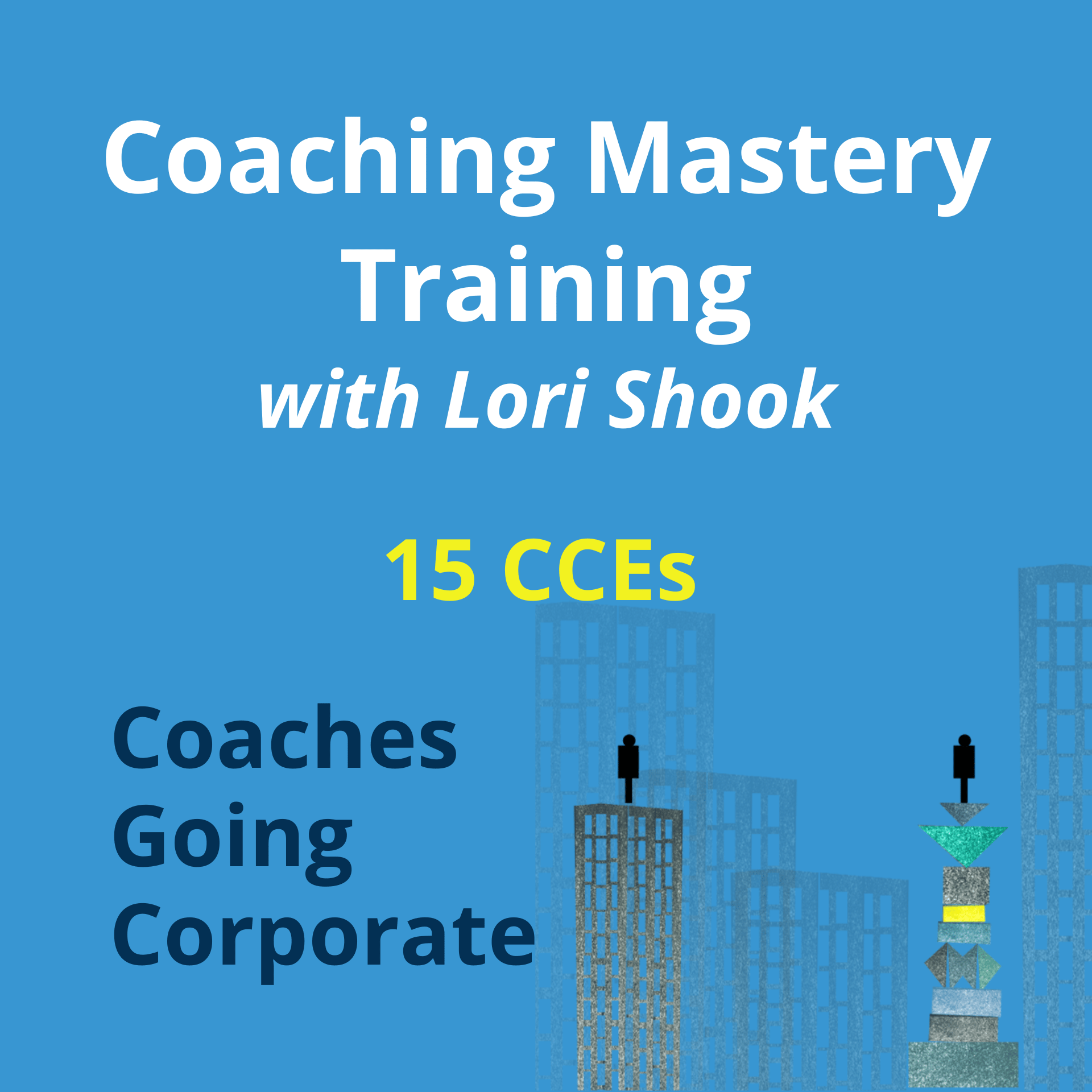
It’s the client’s responsibility!
As James came onto a call with his coach, he wasn’t sure what he wanted to focus on this time. When asked for a topic he said, “I’m not exactly sure but here are some things that are going on for me right now” and he described different interactions with team members and clients. When his coach said, “I hear that you are struggling with having hard conversations with your colleagues, is that what you’d like to work on?!” it sounded vaguely right so he agreed. So, they explored the difficulty of some conversations and how he could manage them better. During the conversation he had moments of wondering why they were on this track and at the end, he realised that he had let his coach decide the specific direction before he’d had a chance to really think about it.
Sometimes our intuition or experience as coaches can get in the way. We want our clients to succeed even when they are unclear what it is they want for themselves. Perhaps we see potential that they may not recognise, and we nudge and probe to get them on this track. But this opens the door to us as coaches taking responsibility for their agenda and their growth – which is not our job.
A coaching client’s responsibility starts with them choosing the direction of the coaching conversation.
Clients often show up to a coaching session describing a problem they are experiencing. Our first piece of work then is to help them figure out what part of that problem they want to resolve, not by jumping in, understanding it and sorting it out but by asking them some great questions to help them find what is important and relevant for them. This process ensures that they take responsibility for what they want.
This opening part of a coaching conversation is an important piece of work.
It’s not our job to sort out the complexity, to understand the nuances of their problem. It’s not our job to use our brilliant intuition in this moment and suggest a path forward.
It is our job, at this beginning moment, to ask them to get clear on a direction. Not the solution right here, right now, but the direction. Their answer might be surprising. And it might take time to get there.
If the coach wasn’t jumping to conclusions in the story above, James could have thought through what he really wanted. His primary interest wasn’t really about how to manage hard conversations; when he reflected on it, he really wanted to become more trustworthy to others.
Here are some questions that might have been useful:
- What do you hear in what you told me?
- You weren’t sure about what you wanted to discuss, what are your thoughts after describing those situations?
- What would you want to change about how you handled those situations?
- What would be useful for you to explore?
- What do you want to leave this session with (e.g., a new strategy, a new understanding about yourself, understanding others better)?
The International Coaching Federation (ICF) is very clear that this setup is important, and they will often not pass credential applicants (going for PCC or MCC) because of it.
At first, I was highly resistant to putting so much attention into defining a topic. This resistance is also underscored by other coaches I meet in different training sessions and mentoring sessions. It feels pedantic and rigid to demand this level of specificity.
But then I worked with this myself and I find it really does bring more value to coaching conversations. It ensures the client is responsible and I’m not pushing an agenda. It gives me confidence that I am guiding an exploration into a direction of the client’s choice. And ultimately, it gives them more confidence in the coaching process and more satisfying outcomes.
Coaches Going Corporate

Coaches Going Corporate is an ICF accredited programme that helps you fine tune your coaching.
The many tools and concepts are designed to ensure your client is taking responsibility for their coaching and learning.
more info